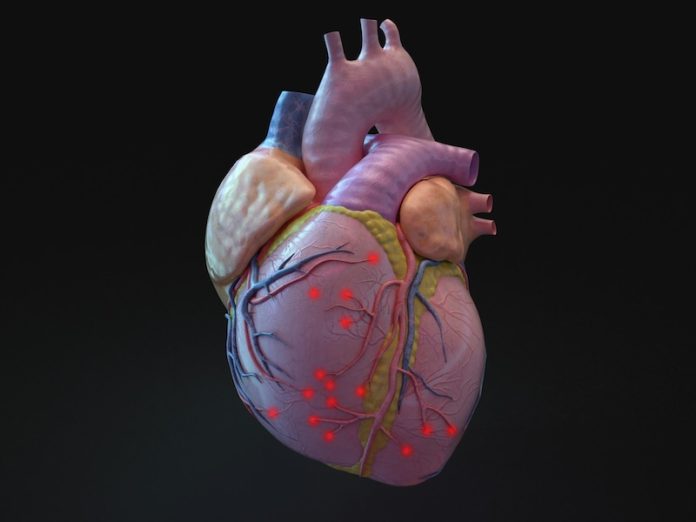
Cardiovascular disease (CVD) is the top cause of death worldwide. A common type of CVD is atherosclerosis, where fat and other substances form plaques inside the arteries. These plaques can block blood flow or rupture, leading to serious events like heart attacks or strokes.
One of the main problems leading to CVD is having high levels of “bad” fats or lipids in the blood. This condition, known as dyslipidemia, affects around half of adults.
Doctors currently use several types of drugs to lower blood lipids. These drugs help stabilize the plaques but do not remove them. However, two new studies have uncovered a surprising new way to potentially reverse these plaques by using a mineral called manganese.
The Surprising Role of Manganese
Manganese is an essential nutrient that is usually found in small amounts in foods like nuts, seeds, leafy green vegetables, and whole grains. It is generally known to support many body functions, especially helping enzymes work properly.
But researchers have now discovered that manganese might play a more significant role in regulating blood lipids.
In the studies, scientists experimented on mice with atherosclerosis by giving them increased doses of manganese.
They found that higher amounts of manganese in the mice’s diet significantly reduced blood lipids and even helped clear up the plaques already formed in the arteries. This effect was surprising because manganese isn’t typically thought of as a tool for fighting heart disease.
How Manganese Works
Researchers took a closer look at how this process works. Lipids, like cholesterol and triglycerides, move through the blood using special carriers called lipoproteins.
These lipoproteins are much larger and more complex than other particles in the blood. For lipoproteins to work properly, a set of proteins called the COPII complex must help move these lipids through the body.
Scientists found that manganese ions could bind directly to the COPII complex, changing how it works. When manganese binds to COPII, it changes its shape, which disrupts the process of moving lipids.
By slightly altering how the COPII complex works, manganese prevents the overproduction of lipids, effectively lowering their levels in the blood.
This discovery was unexpected and showed a unique way to control blood lipids and fight plaque buildup. The researchers described the effect as “bell-shaped,” meaning that adding just the right amount of manganese to the mice’s diet had the strongest impact on reducing lipids.
Hope for Heart Disease Treatment
One of the lead scientists, Dr. Xiao Wang, expressed great excitement about the potential of using manganese to treat heart disease.
Dr. Wang emphasized that more research is needed to find out how to make this therapy safe and effective for humans. The team is now exploring how to better harness manganese’s ability to control lipids.
These findings are promising because they suggest a new, non-traditional way of targeting CVD. Unlike current drugs, which mainly stop plaques from growing, this new method could actively reduce the plaques, providing hope for better treatments in the future.
The Road Ahead
Although these results are exciting, it is essential to understand that the studies were done on mice, and more research is needed to confirm if this method works in humans.
Scientists need to study the long-term effects and safety of using manganese for heart disease. They also need to figure out how much manganese is enough to provide benefits without causing harm.
Overall, these new studies could mark the beginning of a different approach to treating CVD. If further research confirms these results, it may change how we manage and prevent heart disease in the future.
If you are concerned about heart disease, it’s essential to stay informed about recent findings. Some studies have shown that herbal supplements might harm heart rhythms, while others have found that eating eggs could help lower the risk of heart disease.
You may also want to look into recent research on new ways to prevent heart attacks and strokes and how certain drugs for heart disease might reduce the risk of COVID-19.
The findings about manganese and heart disease were published in the journal Life Metabolism.
If you care about health, please read studies about the benefits of low-dose lithium supplements, and what we know about egg intake and heart disease.
For more information about health, please see recent studies about potatoes and high blood pressure, and results showing 6 best breads for people with heart disease.
Copyright © 2024 Knowridge Science Report. All rights reserved.



